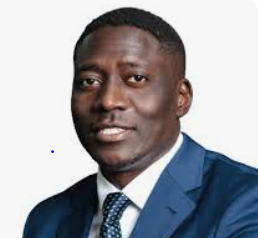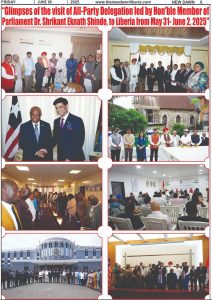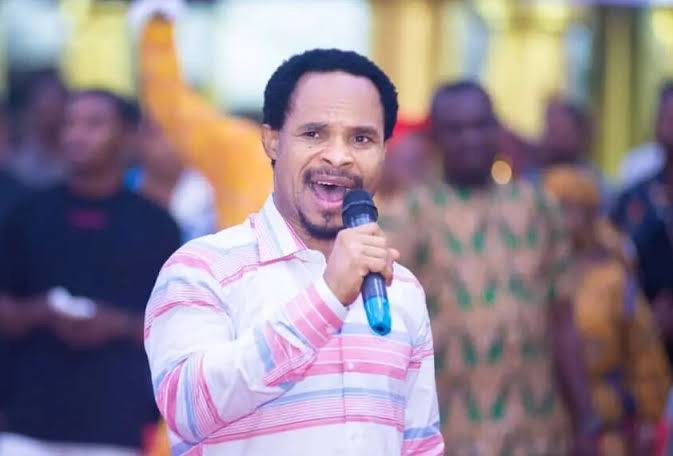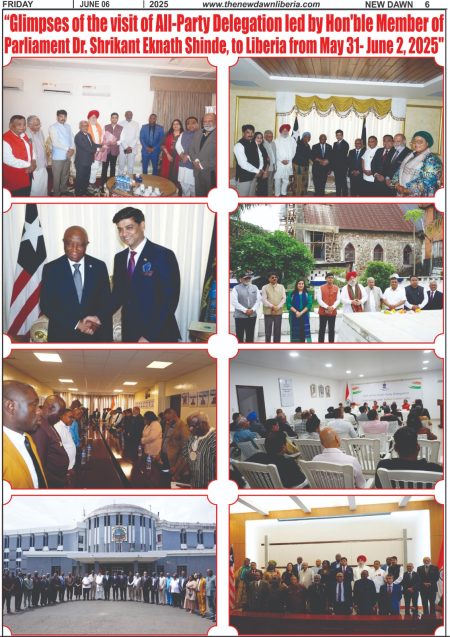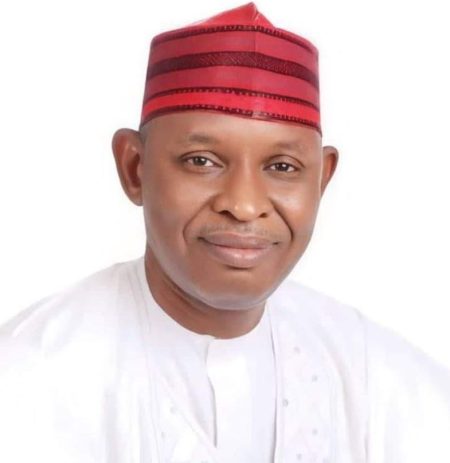Prophet Chukwuemeka Ohanaemere, widely recognized as Odumeje, a charismatic cleric based in Anambra, Nigeria, has ignited a heated debate with his recent pronouncements on higher education and political ambitions. In a video circulating widely across social media platforms, Odumeje advised young Nigerians against pursuing certain academic disciplines, deeming them “useless” for individuals lacking influential connections or affluent backgrounds. He specifically singled out political science, history, microbiology, library information science, and sociology as paths leading to unemployment and unfulfilled potential. This pronouncement has sparked widespread criticism, with many accusing the cleric of misguiding youth and perpetuating harmful stereotypes about the value of liberal arts education.
Odumeje’s assertion that these fields are inherently unproductive, particularly for those without pre-existing networks of power or wealth, reflects a narrow and arguably outdated perspective on the role of education in personal and societal development. Critics argue that such statements undermine the intrinsic value of knowledge acquisition and critical thinking fostered by these disciplines. They emphasize that the study of history, for instance, cultivates an understanding of past societal structures, informing present-day decision-making and promoting informed citizenship. Similarly, political science equips individuals with the analytical tools to navigate complex political landscapes, regardless of their familial connections.
Furthermore, Odumeje’s dismissal of microbiology overlooks the crucial role this field plays in addressing global health challenges and advancing scientific understanding. Library and information science, despite his dismissive remarks, underpins the organization and accessibility of knowledge in the digital age, a skill set increasingly relevant in diverse professional contexts. Sociology, meanwhile, provides insights into social dynamics and inequalities, empowering individuals to contribute to social justice and community development. By reducing these disciplines to their perceived lack of immediate financial returns, Odumeje overlooks the broader societal benefits they offer and the potential for individual growth they cultivate.
Beyond his contentious views on education, Odumeje has also generated significant buzz with his declaration of intent to run for the Nigerian presidency in 2027. In a separate video that quickly went viral, the cleric expressed his belief that Nigeria requires younger, digitally savvy leadership, characterizing current and past leaders as “old cargoes” incapable of propelling the nation forward. He positioned himself as a vibrant alternative, promising to usher in an era of modern development and digital transformation. However, his declaration lacked specifics about his political platform or the party under which he intends to contest the election.
Odumeje’s foray into the political arena has been met with mixed reactions. While some applaud his outspokenness and critique of the existing political establishment, others question his qualifications and the seriousness of his presidential aspirations. Critics point to the lack of concrete policy proposals and his unconventional approach to religious leadership as potential red flags. They argue that his dramatic preaching style and penchant for controversial pronouncements may not translate effectively into the realm of national politics, which requires nuanced policy discussions and the ability to build consensus across diverse constituencies.
The confluence of Odumeje’s controversial statements on education and his unexpected presidential ambitions has placed him at the center of public discourse in Nigeria. His pronouncements have sparked important conversations about the value of different academic disciplines, the role of religion in politics, and the qualities required for effective leadership in a complex and rapidly changing world. Whether his pronouncements are genuine political aspirations or simply attention-grabbing tactics remains to be seen. However, his ability to generate such widespread discussion underscores his influence and the ongoing search for transformative leadership in Nigeria.


